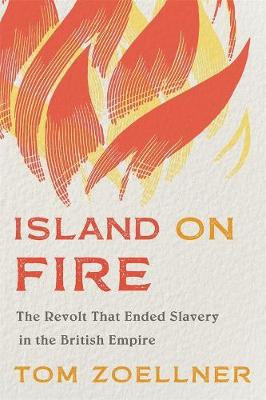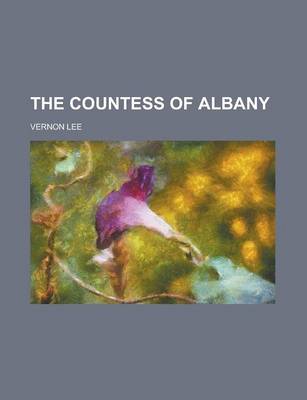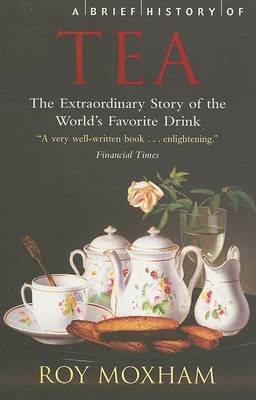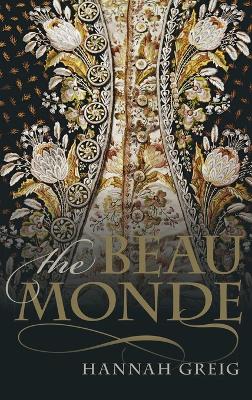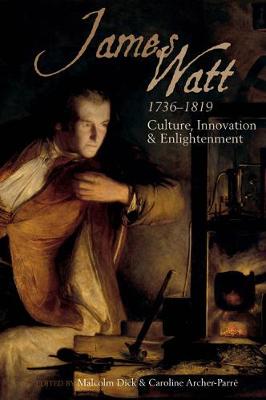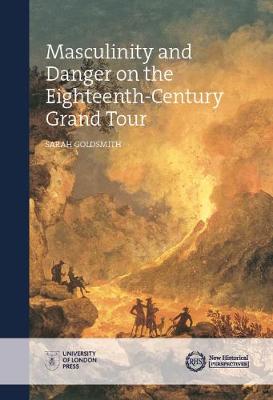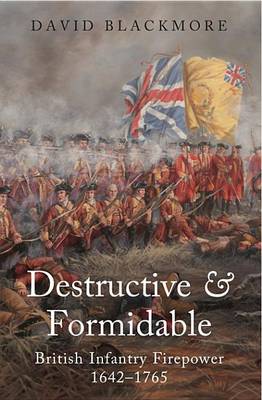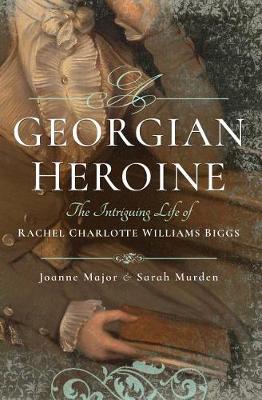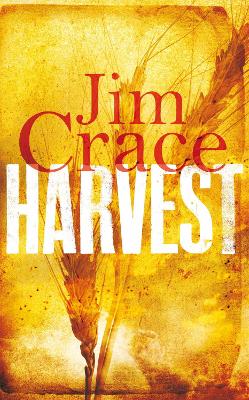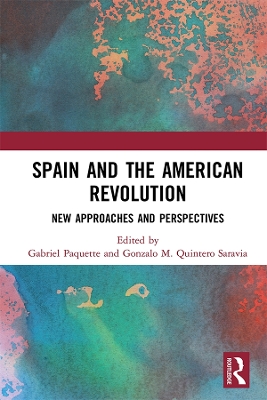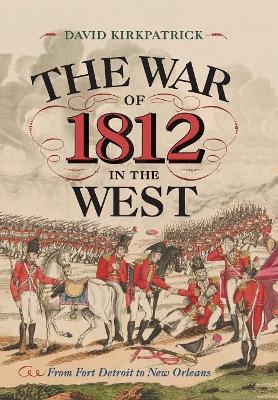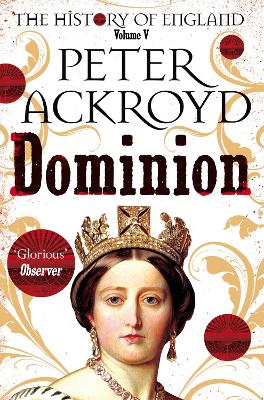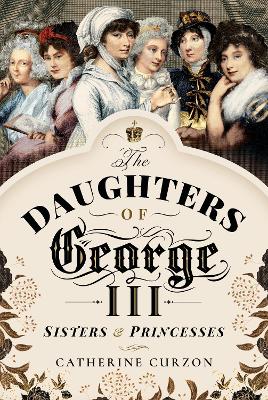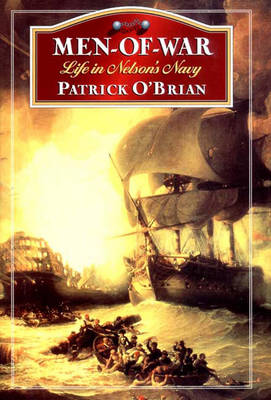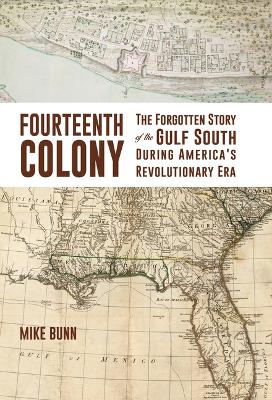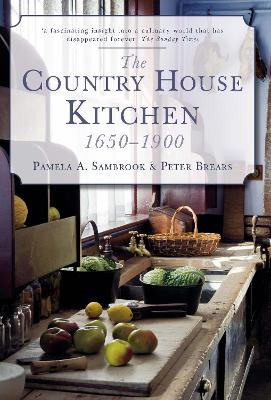Winner of the National Book Critics Circle Award"Tom Zoellner tells the story of Sam Sharpe's revolution manque, and the subsequent abolition of slavery in Jamaica, in a way that's acutely relevant to the racial unrest of our own time. Island on Fire is impeccably researched and seductively readable."-Madison Smartt Bell, author of All Souls' RisingFrom a New York Times bestselling author, a gripping account of the slave rebellion that led to the abolition of slavery in the British Empire.For fi...
From the plantation to the breakfast tablethe stimulating history of the worlds obsession with tea from its first discovery in China to the present day. Moxham first became fascinated by the history of tea when he applied for a job to manage a plantation in Nyasaland, Africa. His book is a historical journey which includes all levels of society from the royal family to plantation slaves, revolution, and the afternoon ritual. The story he uncovered reveals a fascinating, and occasionally bruta...
Caricatured for extravagance, vanity, glamorous celebrity and, all too often, embroiled in scandal and gossip, 18th-century London's fashionable society had a well-deserved reputation for frivolity. But to be fashionable in 1700s London meant more than simply being well dressed. Fashion denoted membership of a new type of society - the beau monde, a world where status was no longer determined by coronets and countryseats alone but by the more nebulous qualification of metropolitan 'fashion'. Con...
‘It is hard to write the history of the British Isles in these years as anything other than a success story.’In reality, nothing about these successes was preordained.In the mid seventeenth century the British Isles were marginal to Europe. A warring group of islands, frequently the scene of catastrophe, they counted for less than the sum of their parts. Yet, by 1832, the reverse was true. United politically as never before, these isles thrived when their European neighbours were torn by war and...
James Watt (1736-1819)
James Watt (1736-1819) was a pivotal figure of the Industrial Revolution. His career as a scientific instrument maker, inventor and engineer was developed in Scotland, his land of birth. His subsequent national and international significance as a scientist, technologist and businessman was formed in the Birmingham area. There, his partnership with Matthew Boulton and the intellectual and personal support of other members of the Lunar Society network, such as Erasmus Darwin, James Keir, William S...
Bunbury of Maida
by Charles J F Bunbury, Henry Bunbury, and Charles Oman
Masculinity and Danger on the Eighteenth-Century Grand Tour (Open access titles) (New Historical Perspectives)
by Sarah Goldsmith
Rachel Charlotte Williams Biggs lived an incredible life, one which proved that fact is often much stranger than fiction. As a young woman she endured a tortured existence at the hands of a male tormentor, but emerged from that to reinvent herself as a playwright and author; a political pamphleteer and a spy, working for the British Government and later singlehandedly organising George III's jubilee celebrations. Trapped in France during the revolutionary years of 1792-95, she published an anony...
Shortlisted for the 2013 Man Booker Prize. As late summer steals in and the final pearls of barley are gleaned, a village comes under threat. A trio of outsiders - two men and a dangerously magnetic woman - arrives on the woodland borders and puts up a make-shift camp. That same night, the local manor house is set on fire. Over the course of seven days, Walter Thirsk sees his hamlet unmade: the harvest blackened by smoke and fear, the new arrivals cruelly punished, and his neighbours held ca...
Spain and the American Revolution
Though the participation of France in the American Revolution is well established in the historiography, the role of Spain, France's ally, is relatively understudied and underappreciated. Spain's involvement in the conflict formed part of a global struggle between empires and directly influenced the outcome of the clash between Britain and its North American colonists. Following the establishment of American independence, the Spanish empire became one of the nascent republic's most significant n...
British Military Panoramas (From Musket to Maxim)
by Ian F. W. Beckett
'Ackroyd makes history accessible to the layman' - Ian Thomson, IndependentThe penultimate volume of Peter Ackroyd's masterful History of England series, Dominion begins in 1815 as national glory following the Battle of Waterloo gives way to post-war depression, spanning the last years of the Regency to the death of Queen Victoria in January 1901.In it, Ackroyd takes us from the accession of the profligate George IV whose government was steered by Lord Liverpool, who was firmly set against refor...
In the dying years of the 18th century, the corridors of Windsor echoed to the footsteps of six princesses. They were Charlotte, Augusta, Elizabeth, Mary, Sophia, and Amelia, the daughters of King George III and Queen Charlotte of Mecklenburg-Strelitz. Though more than fifteen years divided the births of the eldest sister from the youngest, these princesses all shared a longing for escape. Faced with their father's illness and their mother's dominance, for all but one a life away from the seclus...
This book is a companion to Patrick O'Brian's sea novels, a straightforward exploration of what daily life in Nelson's navy was really like, for everyone from the captain down to the rawest recruit. What did they eat? What songs did they sing? What was the schedule of watches? How were the officers and crew paid, and what was the division of prize-money? These questions and many more are answered in Patrick O'Brian's elegant narrative, which includes wonderful anecdotal material on the battle...
Revolution, the fourth volume of Peter Ackroyd's enthralling History of England begins in 1688 with a revolution and ends in 1815 with a famous victory. In it, Ackroyd takes readers from William of Orange's accession following the Glorious Revolution to the Regency, when the flamboyant Prince of Wales ruled in the stead of his mad father, George III, and England was - again -at war with France, a war that would end with the defeat of Napoleon at Waterloo. Late Stuart and Georgian England mark...
British Sociability in the Long Eighteenth Century
by Valerie Capdeville and Alain Kerherve
The study of sociability in the long eighteenth century has long been dominated by the example of France. In this innovative collection, we see how a distinctively British model of sociability developed in the period from the Restoration of Charles II to the early nineteenth century through a complex process of appropriation, emulation and resistance to what was happening in France and other parts of Europe. The contributors use a wide range of sources - from city plans to letter-writing manual...
The Country House Kitchen 1650-1900
by Pamela A Sambrook and Peter Brears
The kitchen was very much the heart of the home in country houses the length and breadth of Britain. Although this hive of activity was kept behind closed doors and often hidden away in the bowels of vast mansions, these rooms ensured that the house and those who lived in it were provisioned. Country houses were formerly self-sufficient to an incredible degree, requiring a range of purpose-built accommodation for food storage and a hierarchy of servants with unique skills. From brewing and ba...
